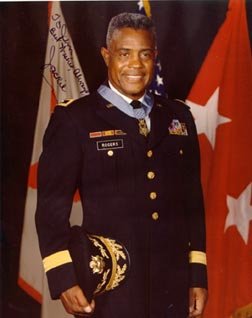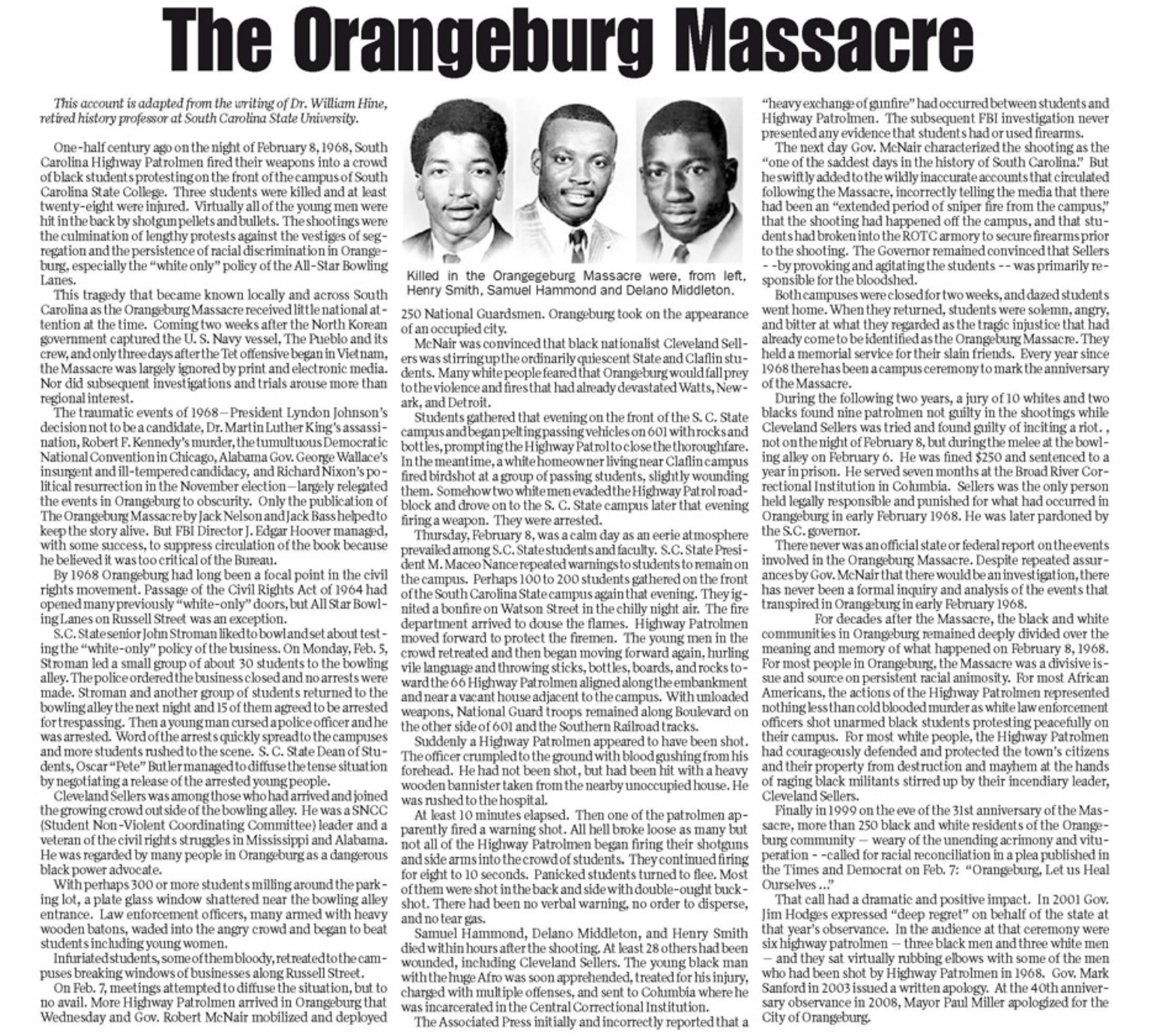Who was Nelson Mandela?
Nelson Mandela, a name that resonates with resilience, courage, and leadership, stands as an icon of freedom and equality. His life journey, marked by years of struggle against apartheid, imprisonment, and eventual triumph, serves as an inspiration to millions worldwide. This essay delves into the remarkable life of Nelson Mandela, exploring his early years, his pivotal role in the anti-apartheid movement, his long incarceration, and his enduring legacy.
Early Life and Education:
Nelson Rolihlahla Mandela was born on July 18, 1918, in the village of Mvezo, in South Africa. Raised in the Thembu royal family, Mandela received a traditional education before attending Clarkebury Boarding Institute and Healdtown, Methodist college. His experiences in these formative years laid the foundation for his later activism and political consciousness.
Activism and Anti-Apartheid Struggle:
Mandela's political awakening came during his time at the University of Fort Hare, where he became involved in student protests against colonialism and racism. He later joined the African National Congress (ANC), dedicating his life to fighting against the apartheid regime. Mandela's commitment to nonviolent resistance initially shaped his activism, but the government's increasing brutality forced the ANC to reconsider its strategies.
Mandela's leadership qualities became apparent as he rose through the ranks of the ANC, advocating for armed resistance while emphasizing the importance of unity and reconciliation. He played a crucial role in organizing protests, strikes, and acts of civil disobedience, earning him both admiration and notoriety among South Africans and the international community.
Imprisonment and Sacrifice:
In 1962, Mandela was arrested and sentenced to life imprisonment for his involvement in sabotage activities against the apartheid government. His imprisonment on Robben Island, along with other political prisoners, lasted 27 years. Despite the harsh conditions and isolation, Mandela remained steadfast in his commitment to justice and equality.
Mandela's time in prison became a symbol of resistance and endurance, sparking global outrage and solidarity campaigns. His refusal to compromise his principles or seek clemency from the apartheid regime elevated him to a symbol of hope for oppressed people everywhere.
Reconciliation and Transition to Democracy:
Mandela's release from prison in 1990 marked the beginning of a new era for South Africa. His leadership during the transition from apartheid to democracy was characterized by a commitment to reconciliation and inclusivity. Mandela understood the importance of forgiveness and unity in building a new nation, and he worked tirelessly to promote dialogue and understanding among South Africans of all backgrounds.
As South Africa's first black president, Mandela led with humility and grace, prioritizing the needs of the marginalized and disadvantaged. His government implemented policies aimed at redressing the injustices of the past, including the Truth and Reconciliation Commission, which sought to heal the wounds of apartheid through truth-telling and accountability.
Legacy and Global Impact:
Nelson Mandela's legacy extends far beyond the borders of South Africa. His unwavering dedication to justice, equality, and freedom inspired people around the world to stand up against oppression and injustice. Mandela's leadership transcended political boundaries, earning him respect and admiration from leaders and citizens alike.
Mandela's life and work continue to serve as a beacon of hope for future generations, reminding us of the power of perseverance, compassion, and reconciliation in the face of adversity. His words and actions remind us that, in the words of Mandela himself, "It always seems impossible until it's done."
Conclusion:
Nelson Mandela's life journey is a testament to the power of resilience, courage, and leadership in the face of oppression. From his humble beginnings in rural South Africa to his role as a global icon of freedom and equality, Mandela's legacy will continue to inspire and guide us in our ongoing struggle for justice and human rights. As we reflect on Mandela's life and legacy, let us honor his memory by continuing the work he began, striving to build a world where all people are treated with dignity, respect, and compassion.




